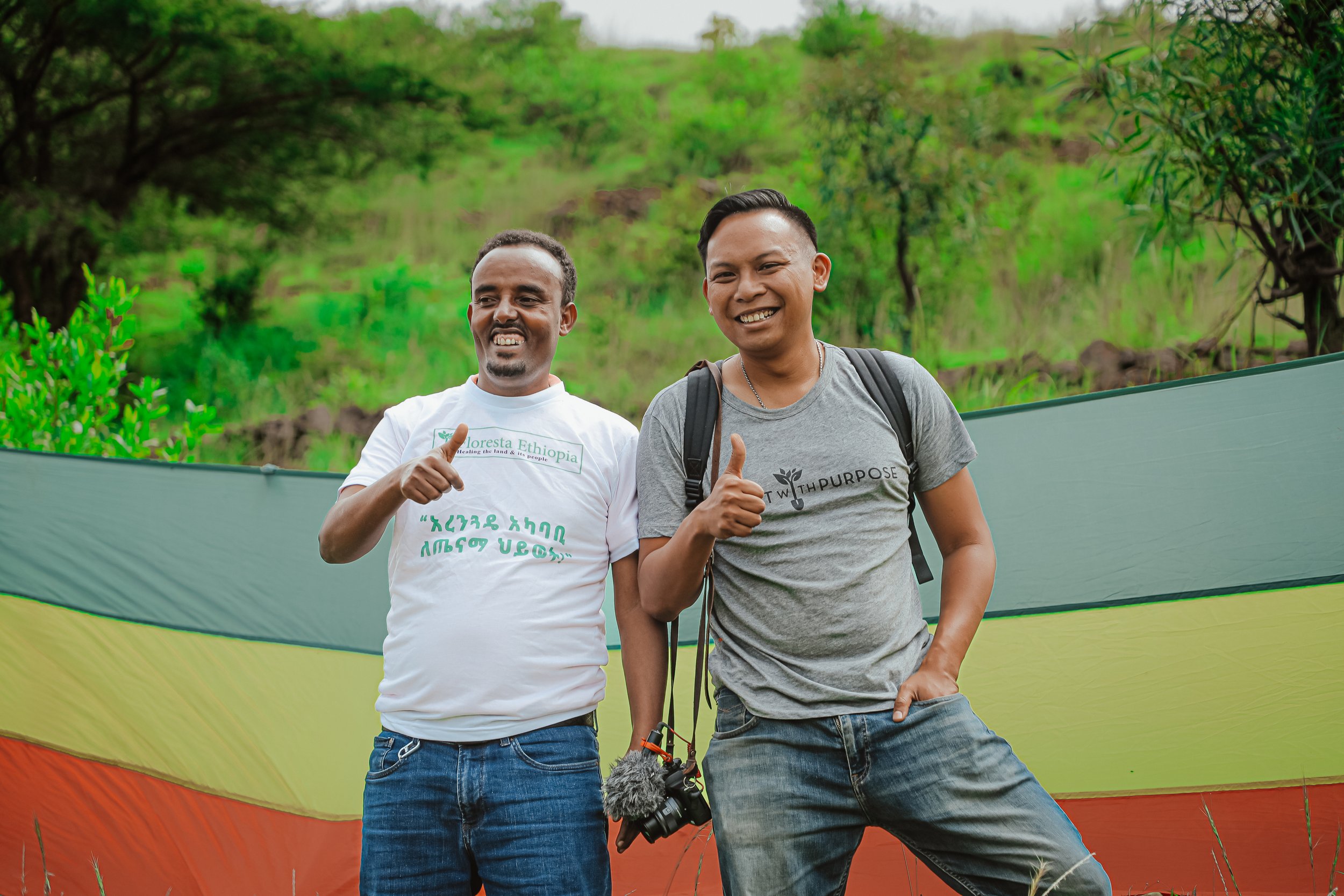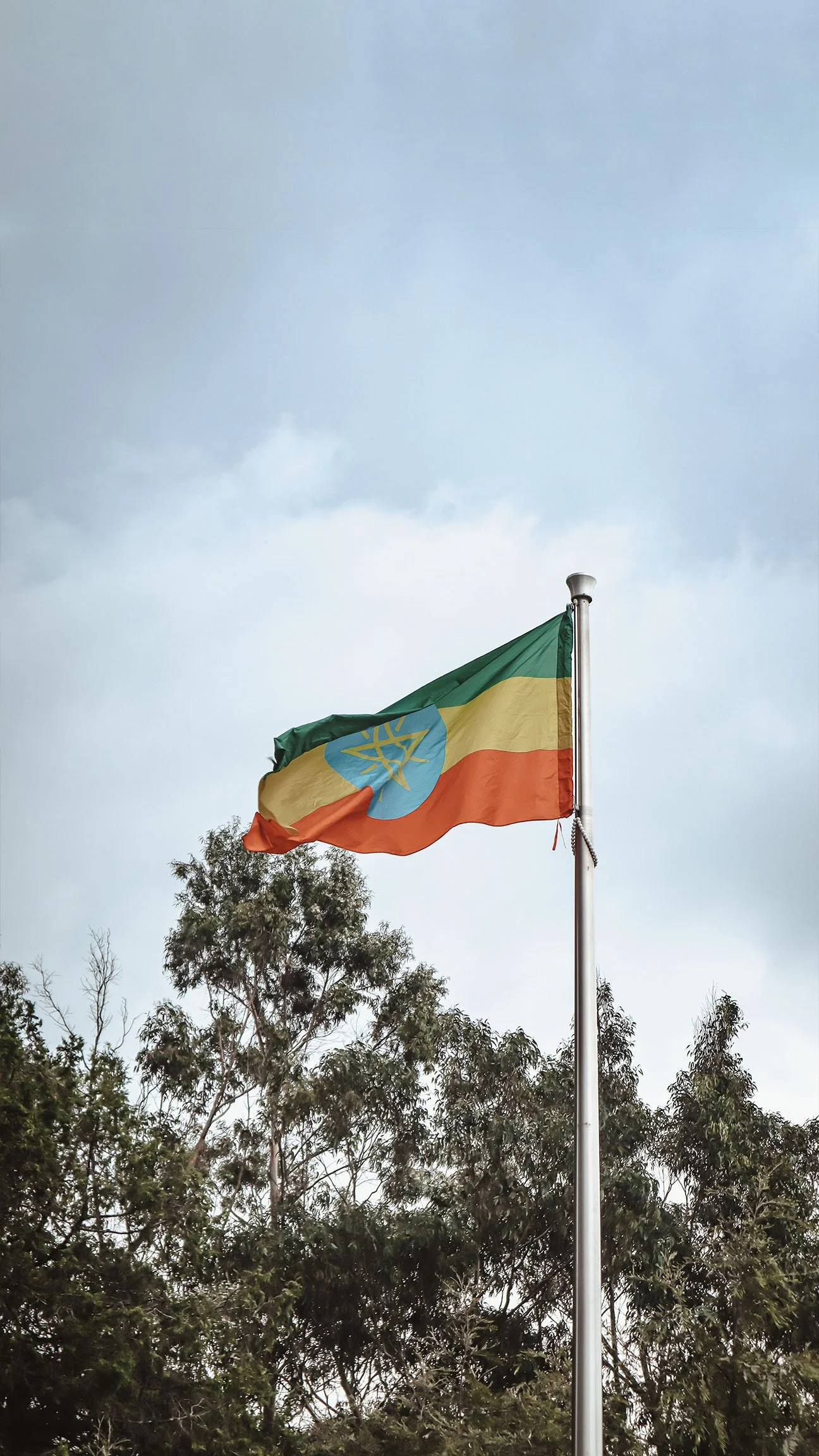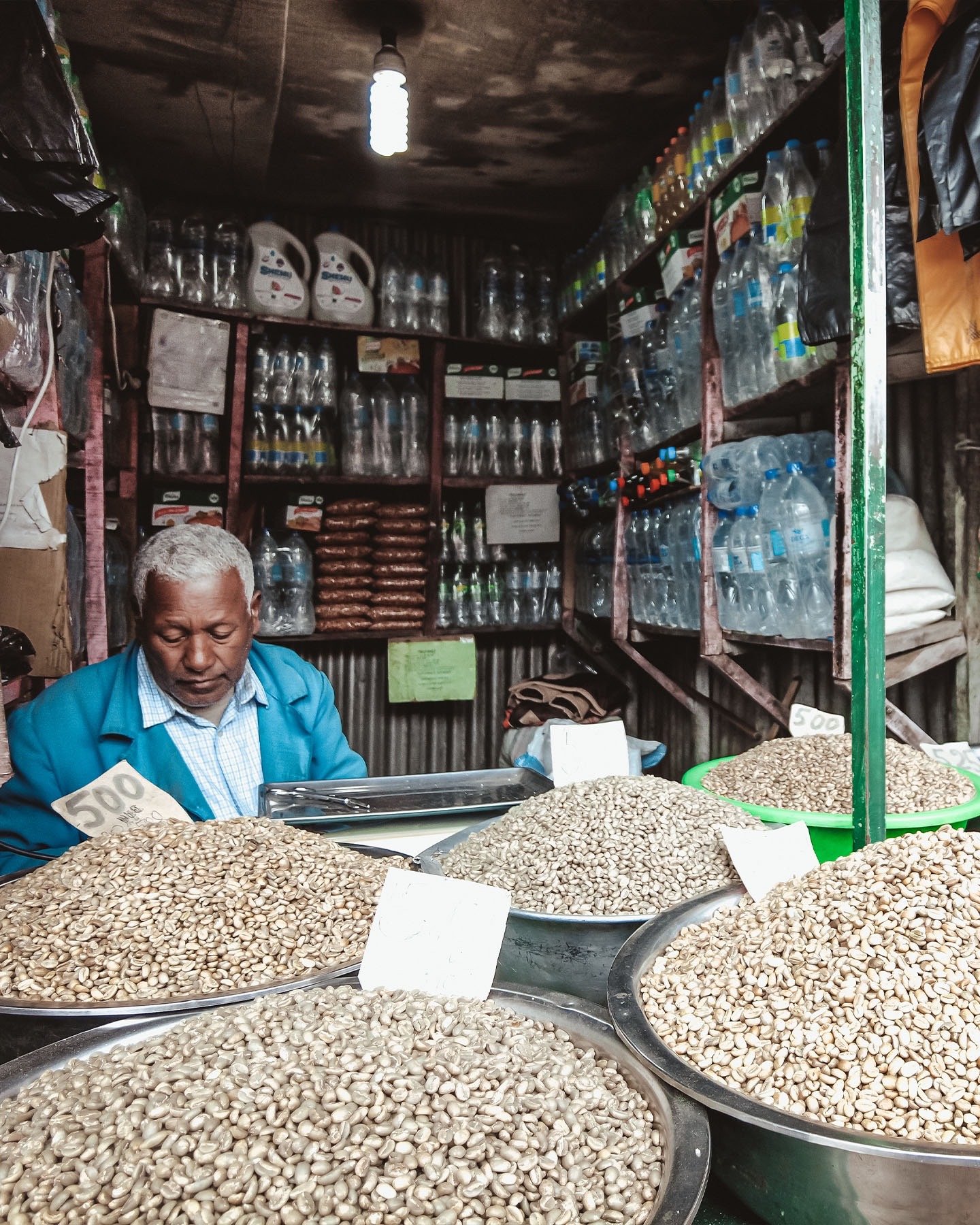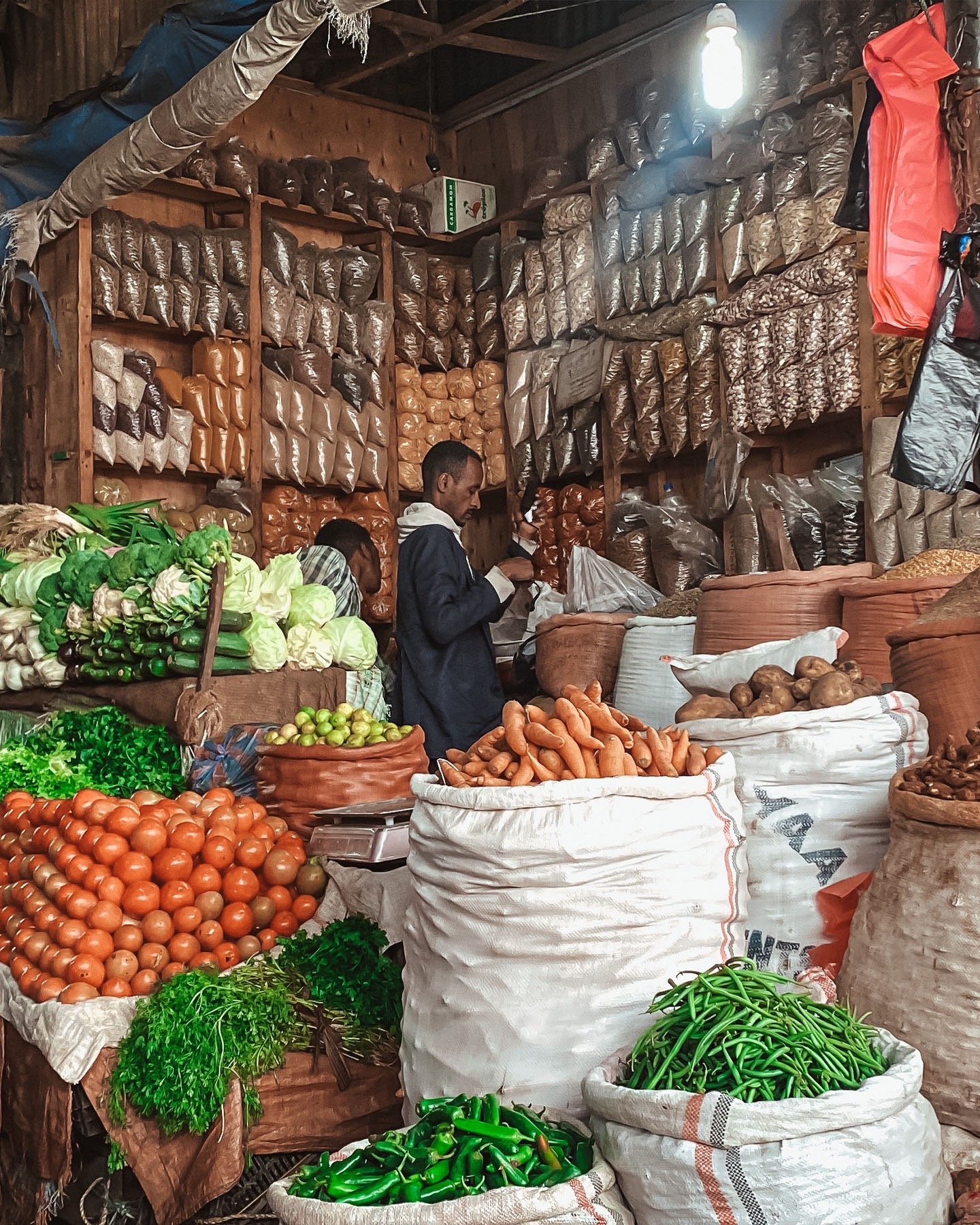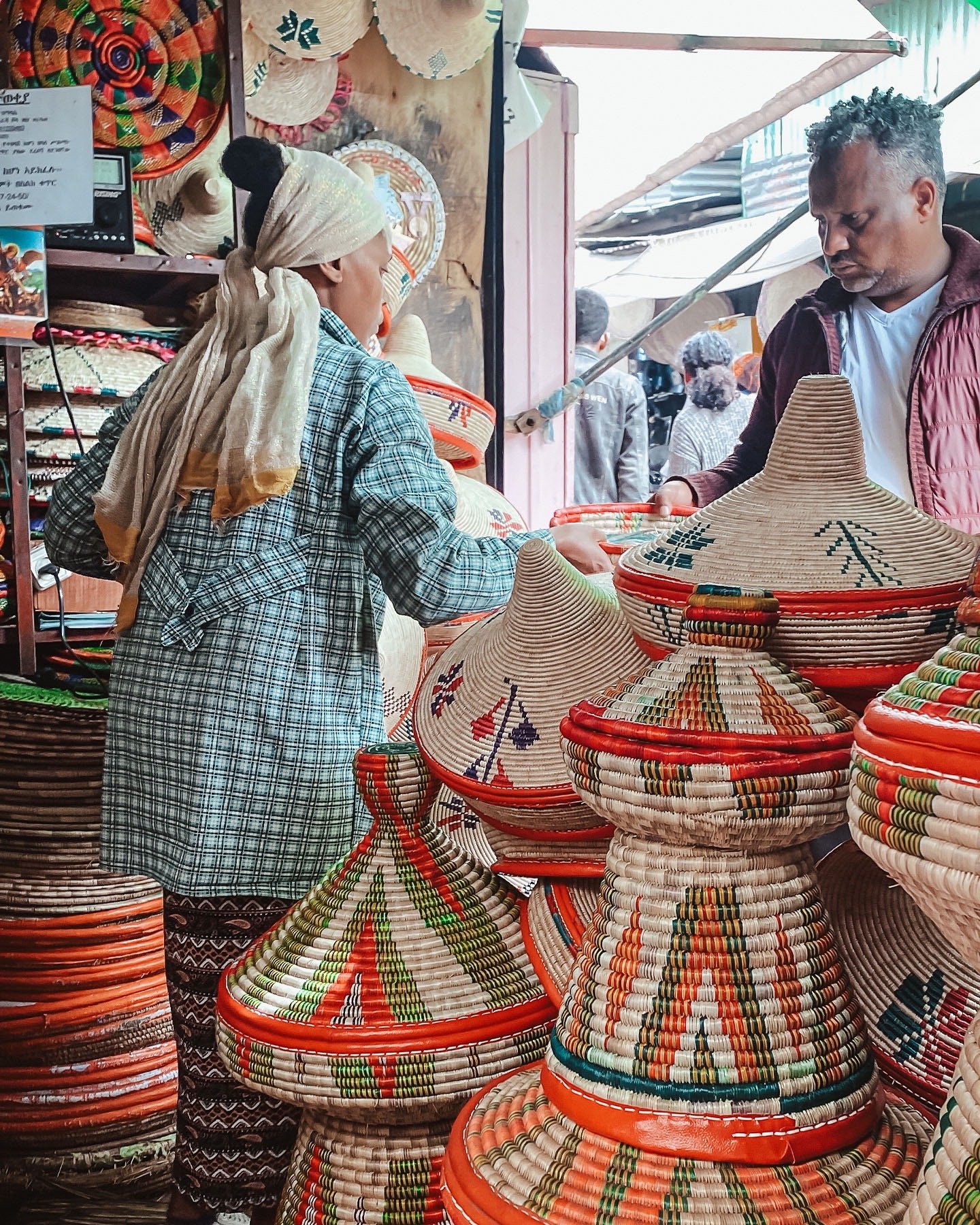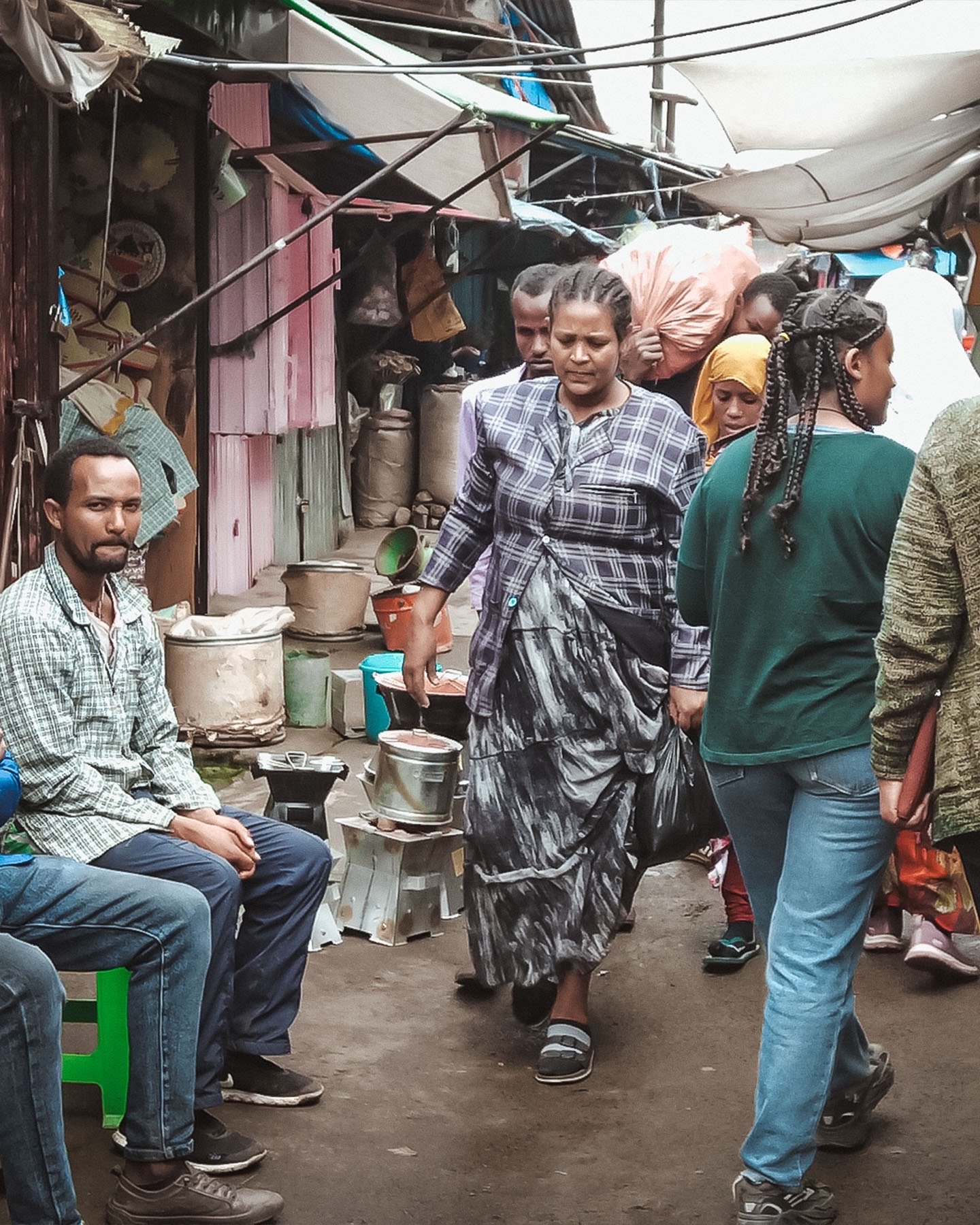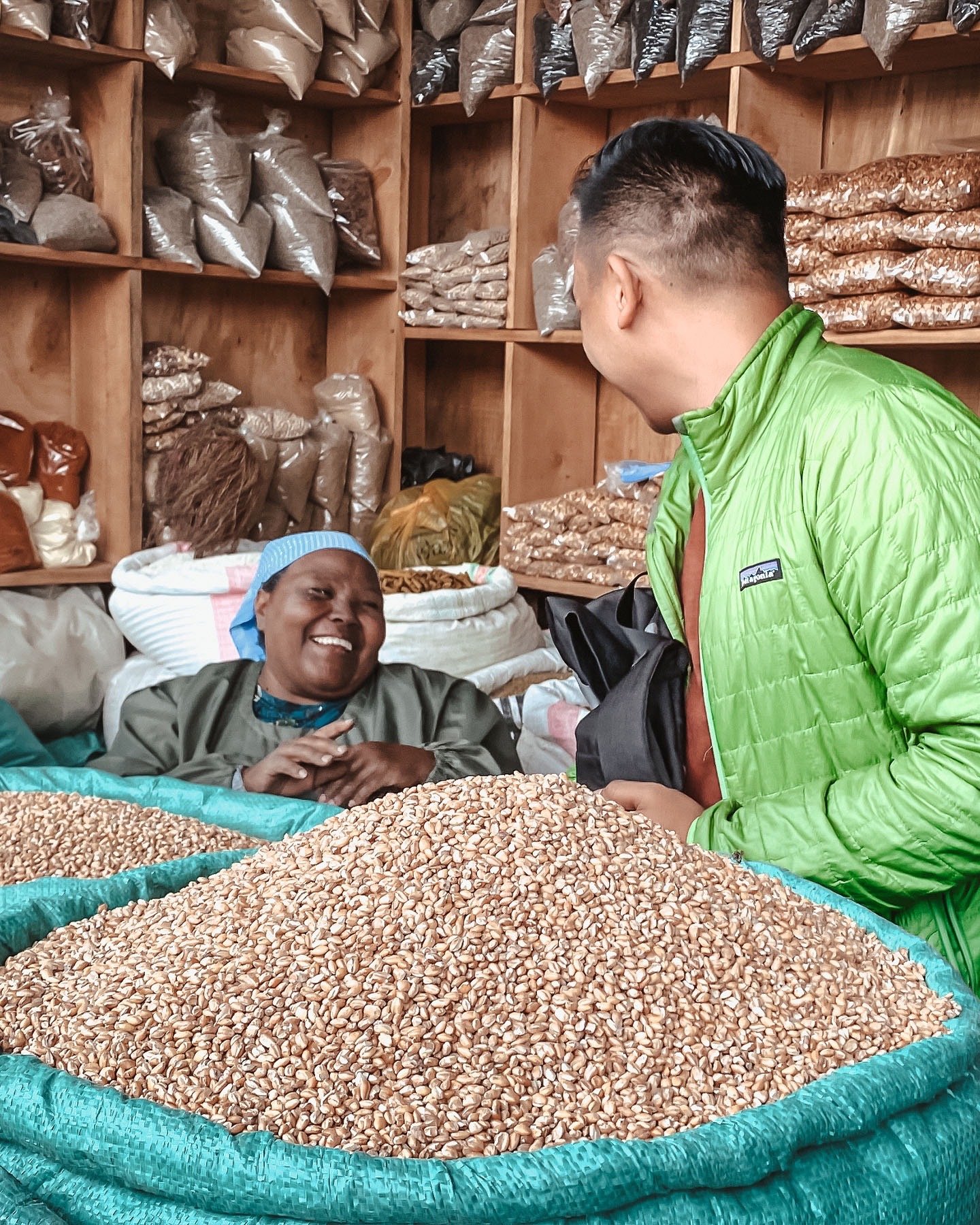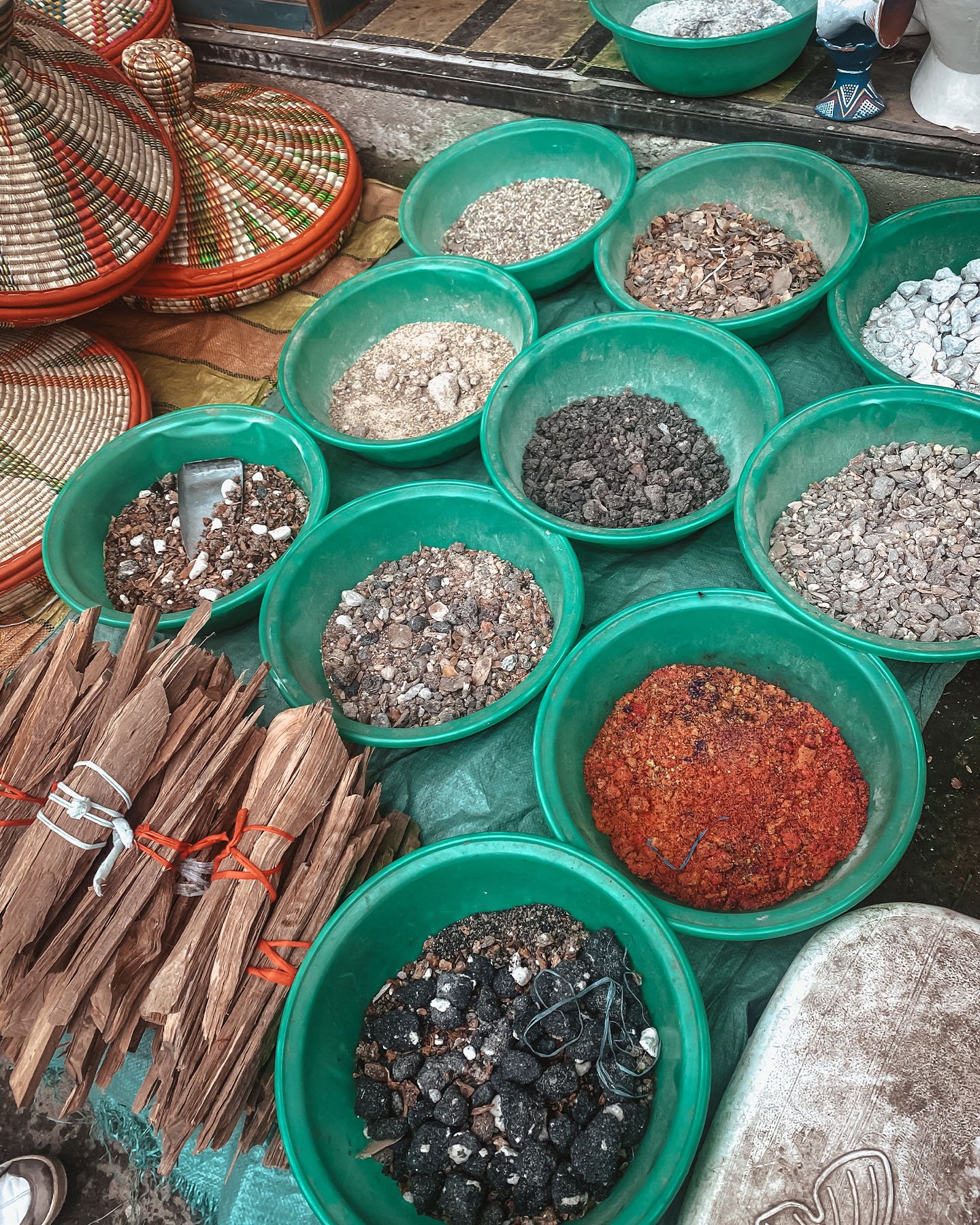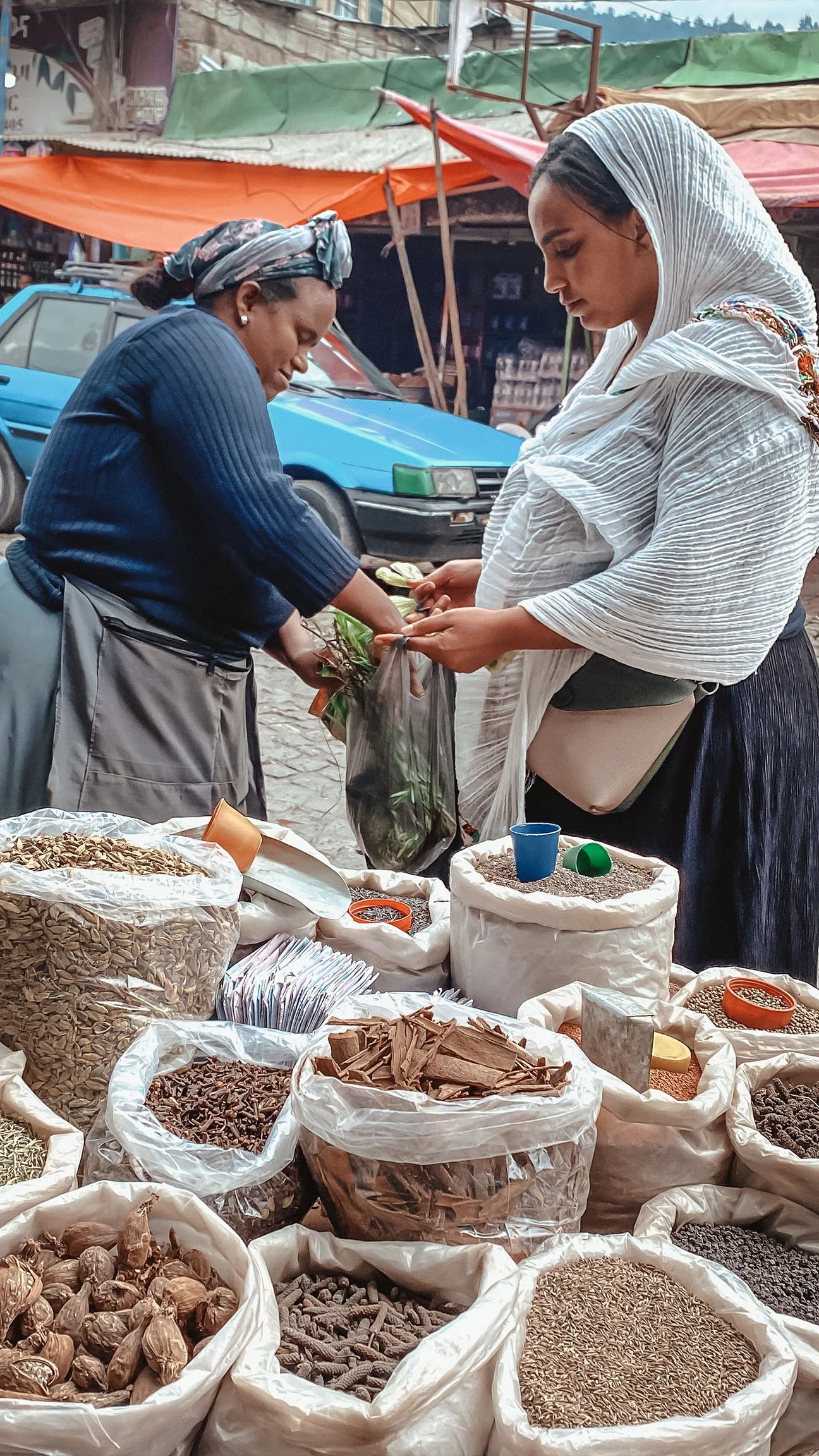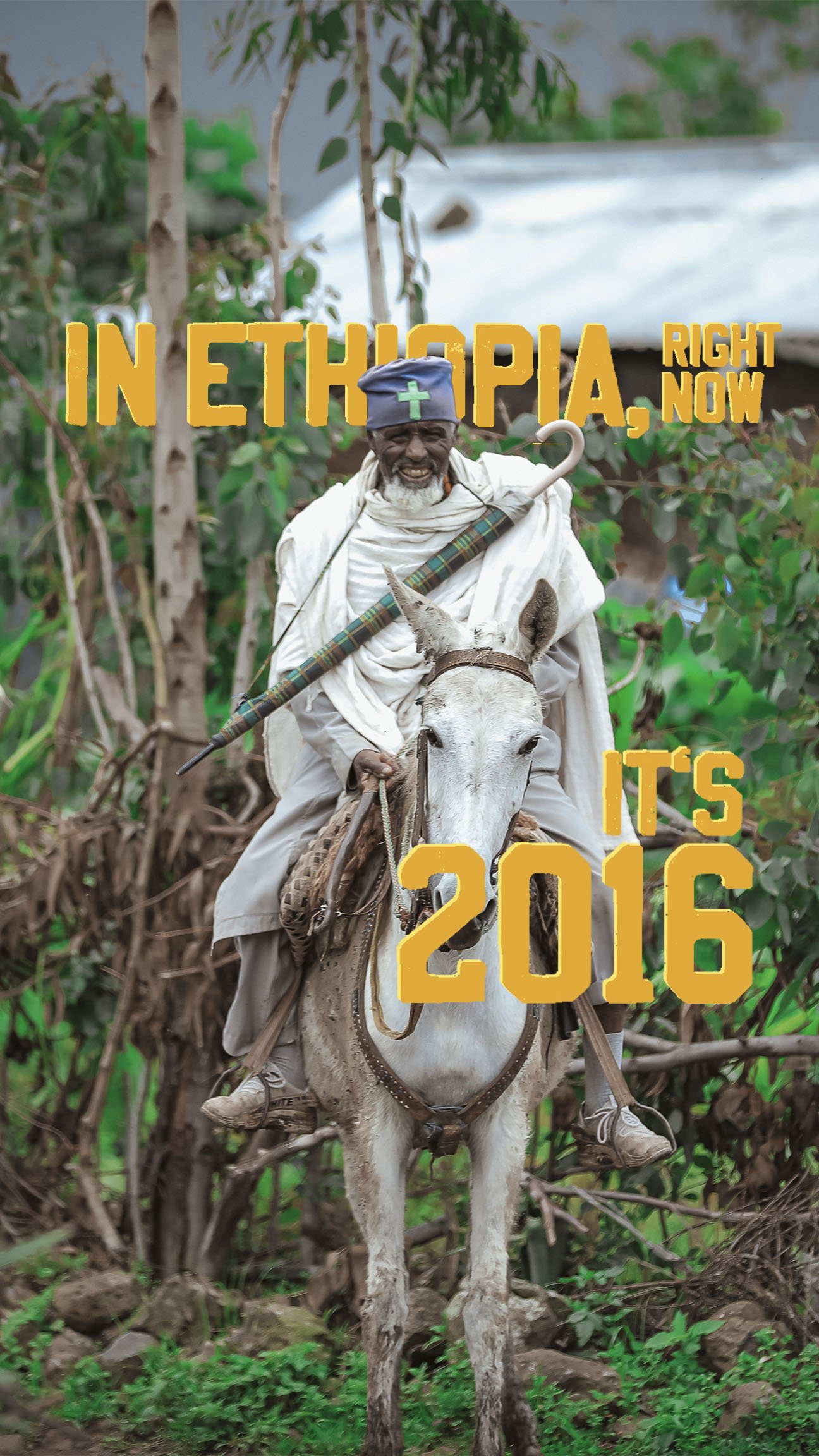Hello from what might be the most fascinating country I’ve ever been to: Ethiopia 🇪🇹
Where do I even begin to describe everything I’ve encountered here? A rich, uncolonized history shaped by devotion, diversity, and sensations.
There really isn’t a way to put it all into words, because so much of the Ethiopian experience is received in smells. Tastes. Hugs. The air on your skin. But, I’ll have to do my best, because it was simply too rich to keep to myself.
ADDIS ABABA
The whole time I was in Ethiopia, I was like… how am I even here? This place contains multitudes!
History runs deep. Senses come alive. Nature amazes again and again.
I’m so thankful I had a chance to get to know this country through a variety of perspectives. To dance along with the ekista, to sip that smoky coffee, and eat endless injera. To plant trees. To roadtrip through some stunning rocky edges in order to reach that great open space. I appreciated getting a deeper look at the country’s challenges. Poverty. Climate. Patriarchy. Unrest. While all those things are disheartening, they also helped me further appreciate the resolve of the community spirit working to overcome.
One of the big reasons behind Ethiopia’s strong sense of cultural identity has to be its history of having never been colonized. While there’s plenty of influence from interactions with the Arab peninsula, India beyond that, and Italy, Ethiopia’s traditions, language, and beliefs seem to have local roots that go back centuries without ambiguity.
This sense of culture and belonging is pervasive. It’s in everything, from the coffee to the churches to the communities. And I absolutely loved it. Ethiopia, I’m a big fan.
“You don’t need to spend that much time in Addis Ababa.”
“It’s too chaotic and crowded of a city.”
“People will be much nicer elsewhere.”
It’s true that going outside capital cities and major metros is usually a good move if you want to develop a more intimate experience with a country. It’s true that there’s a correlation between city life and being busy, which is often a precursor to less friendliness.
That said, I spent a day in Addis Ababa while passing through and it absolutely had a warm heart.
🇪🇹 Spent the morning exploring Shola Market, checking out the vendor’s crafts, and learning a ton about spices and grains.
🇪🇹 Went to the National Museum and got a deep dive into Ethiopia’s history. Two centuries of immersion in less than two hours. I also got to see Lucy, as in, the human ancestor! I probably forgot the part of 6th grade that mentioned she was found in Ethiopia, and she’s still there.
🇪🇹 A little walk up Mount Entoto for some incredible views over the whole city.
🇪🇹 Spent some time at Maryam Church for the first of many encounters with Ethiopian religious life
🇪🇹 A bit of a turbo food tour, including a proper injera spread, shiro, a fantastic fried tilapia, and a beer & beef pit stop.
🇪🇹 Some rich insight into how Ethiopia’s history sets the stage for its current struggles from our guide Bule.
What does it mean to have never been colonized? There’s a link to culture and tradition in Ethiopia that goes back centuries, with much greater clarity than you’ll find anywhere else. Just about any everyday behavior can be elevated from chore to craft, and that’s something special.
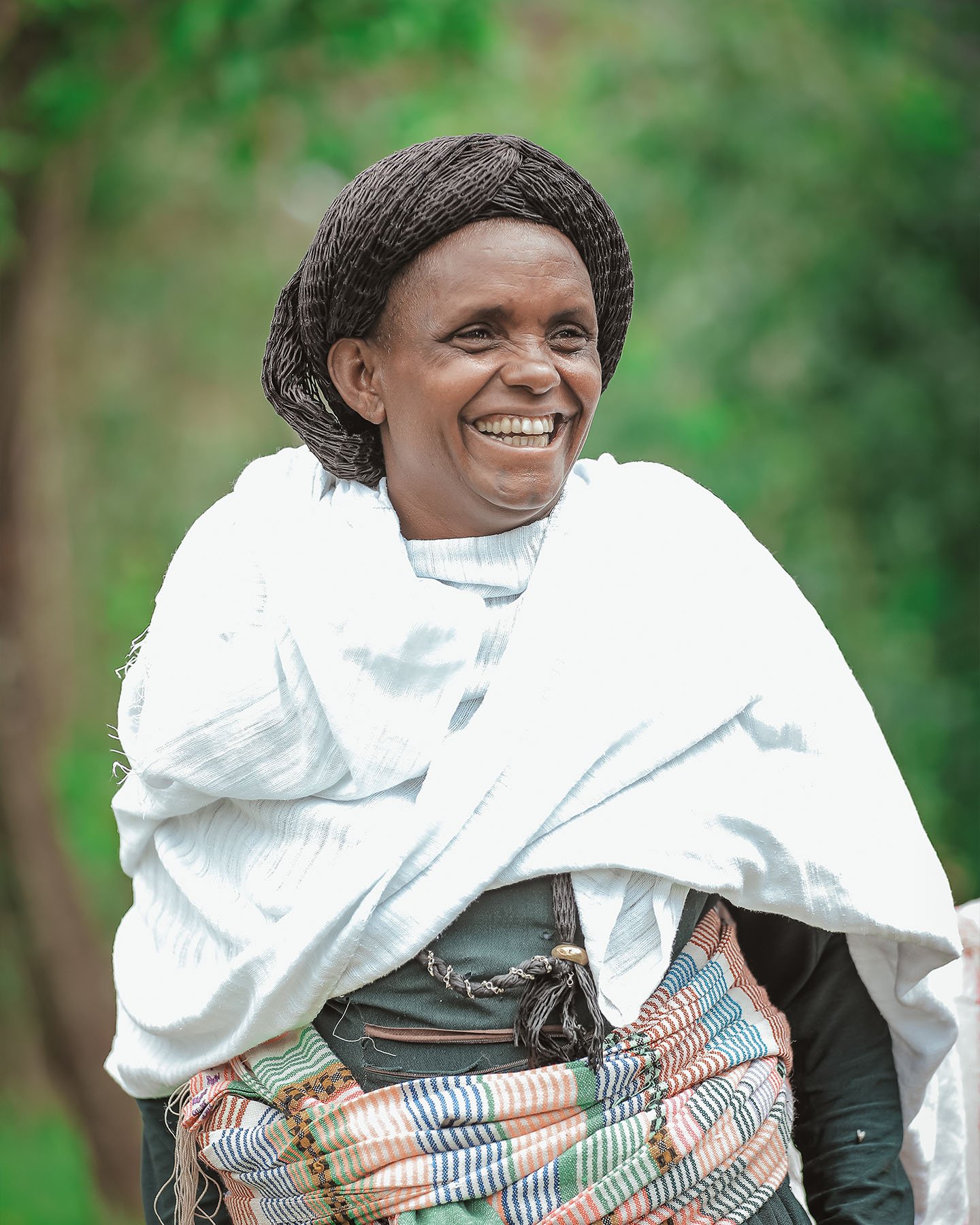
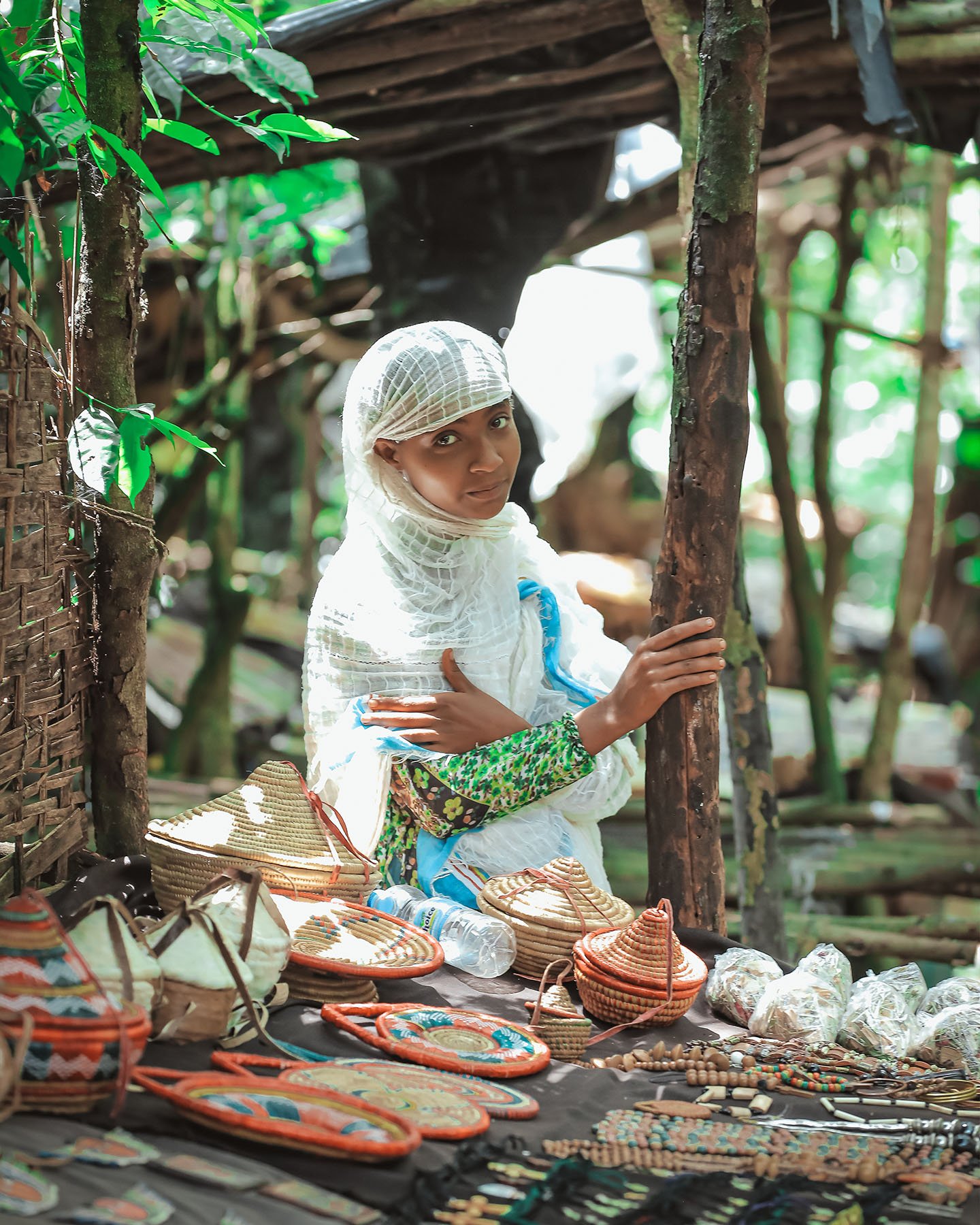
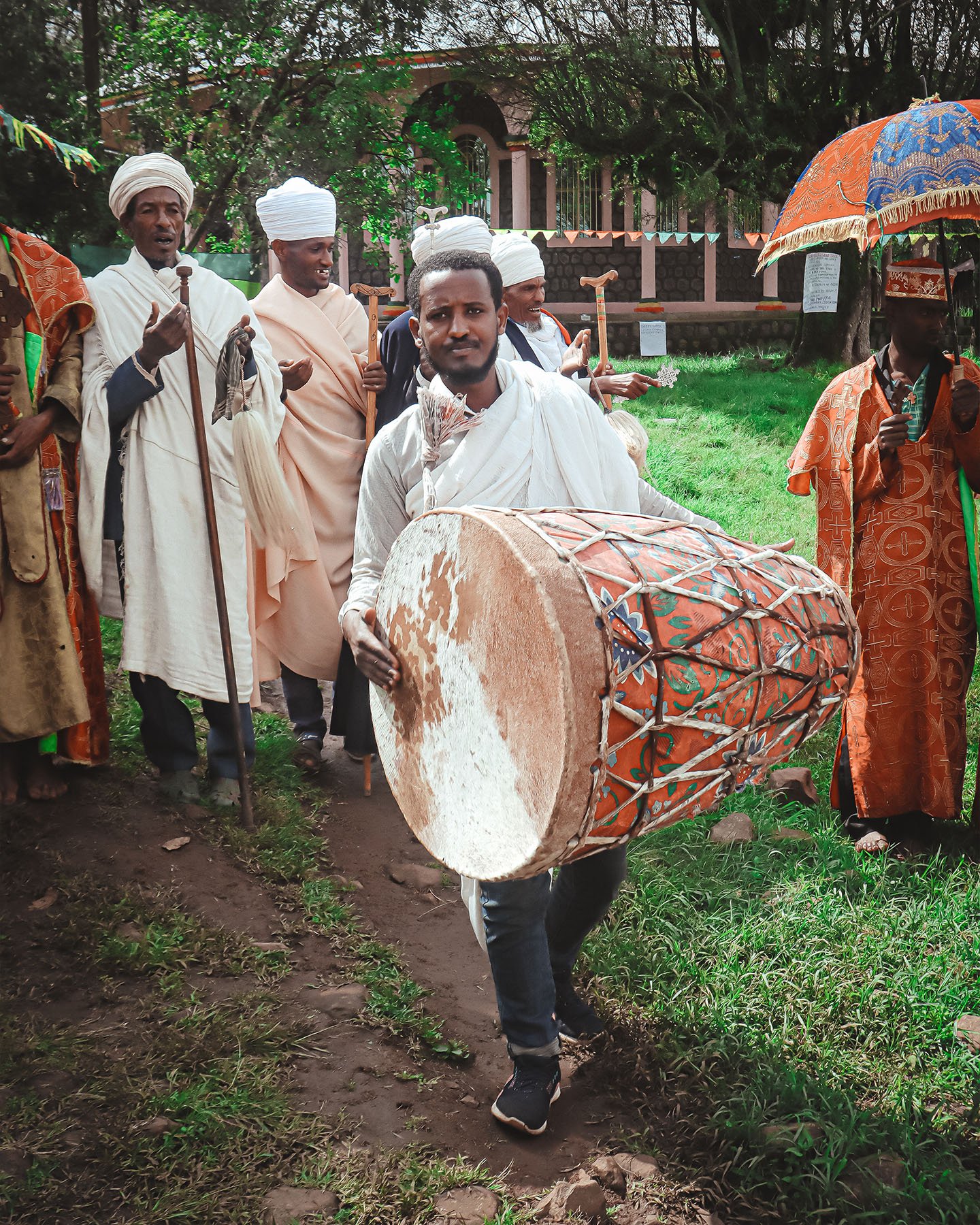
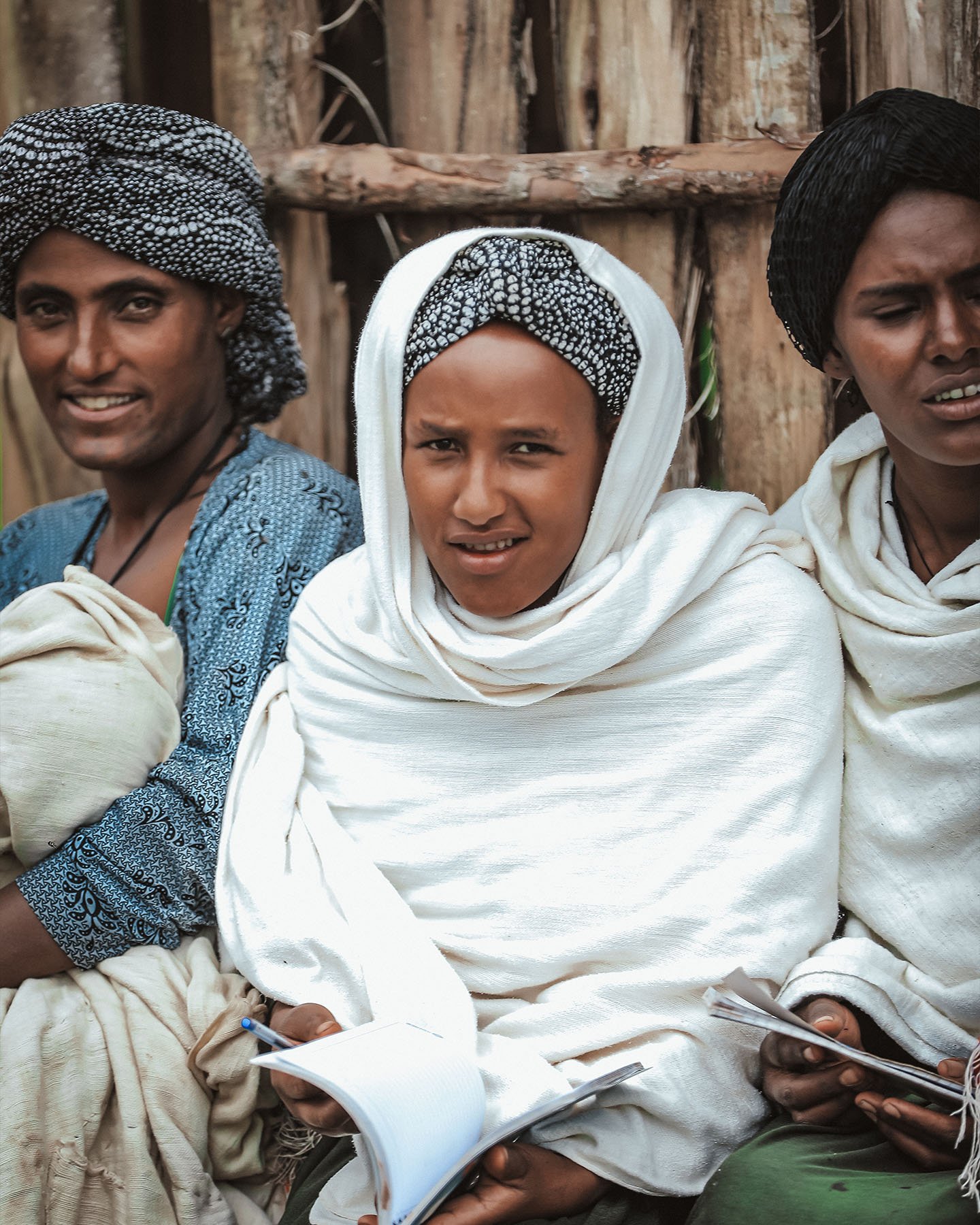
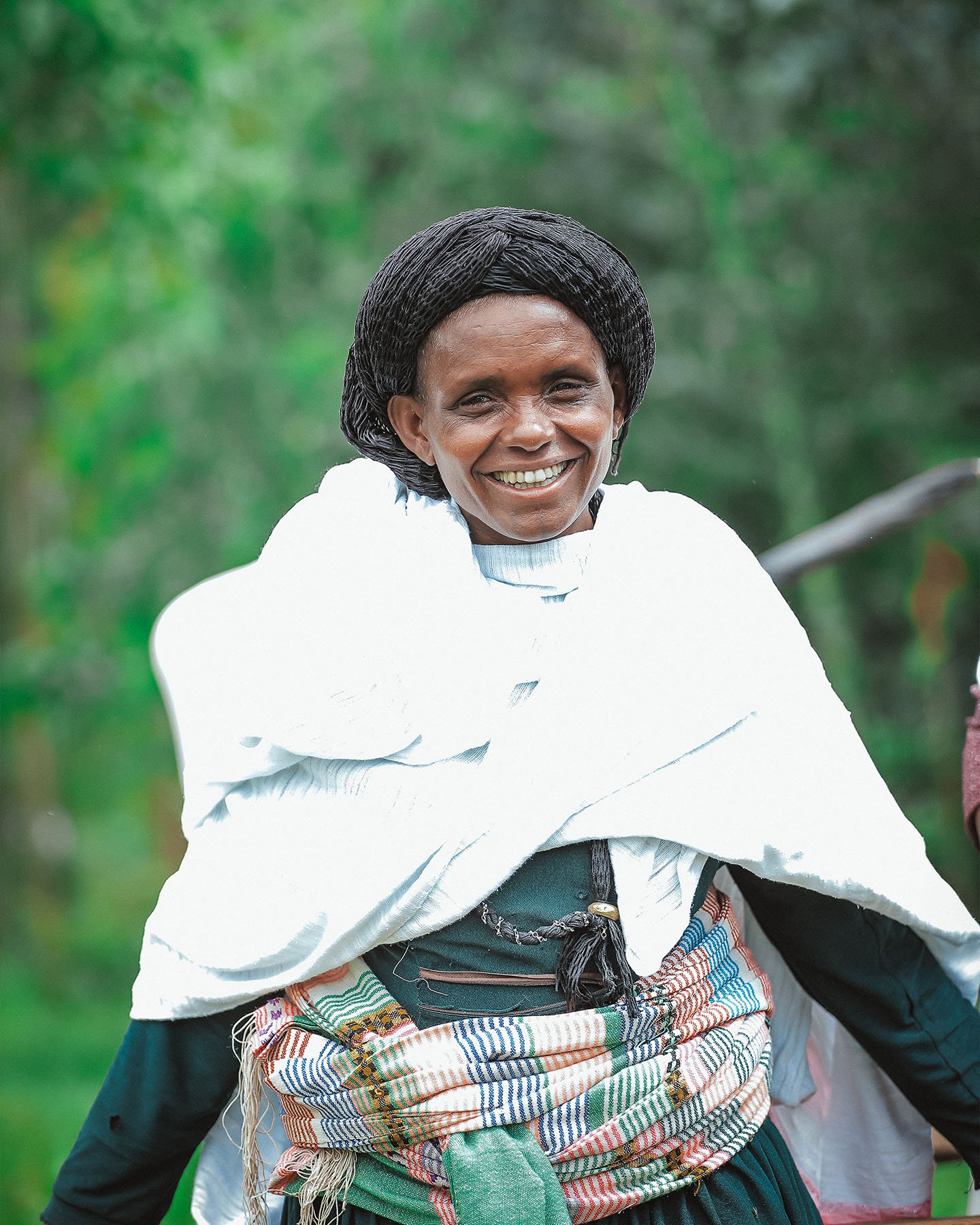
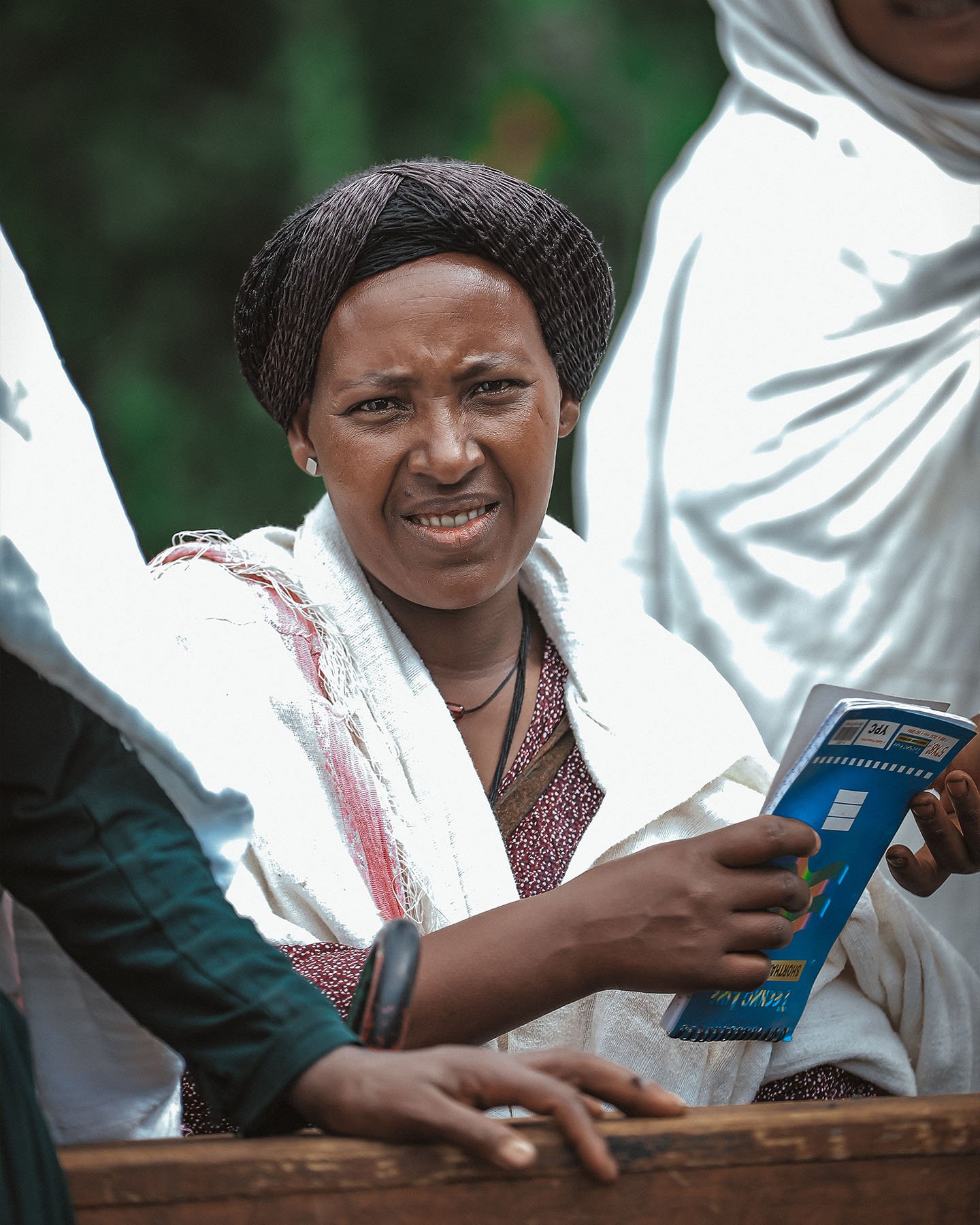
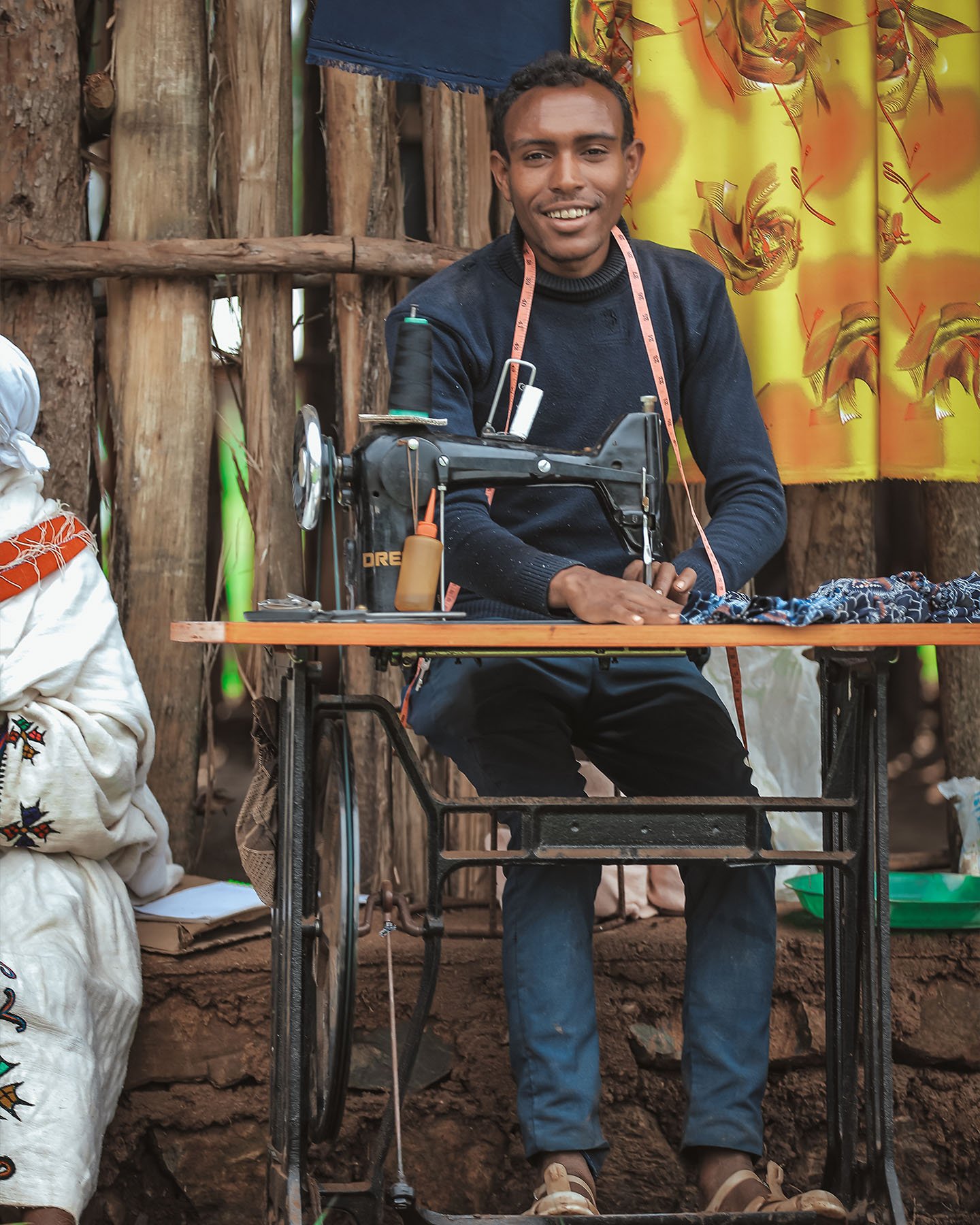
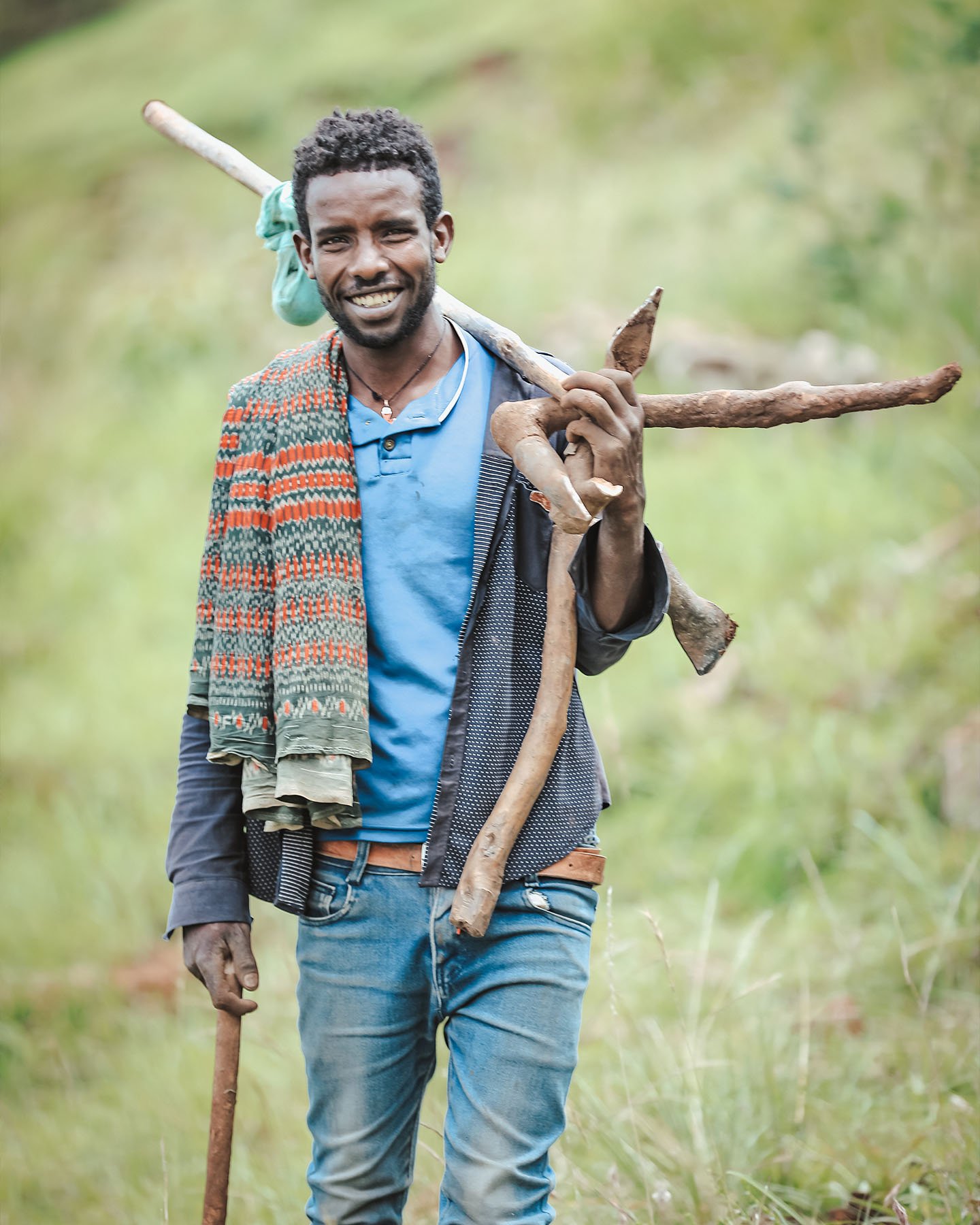
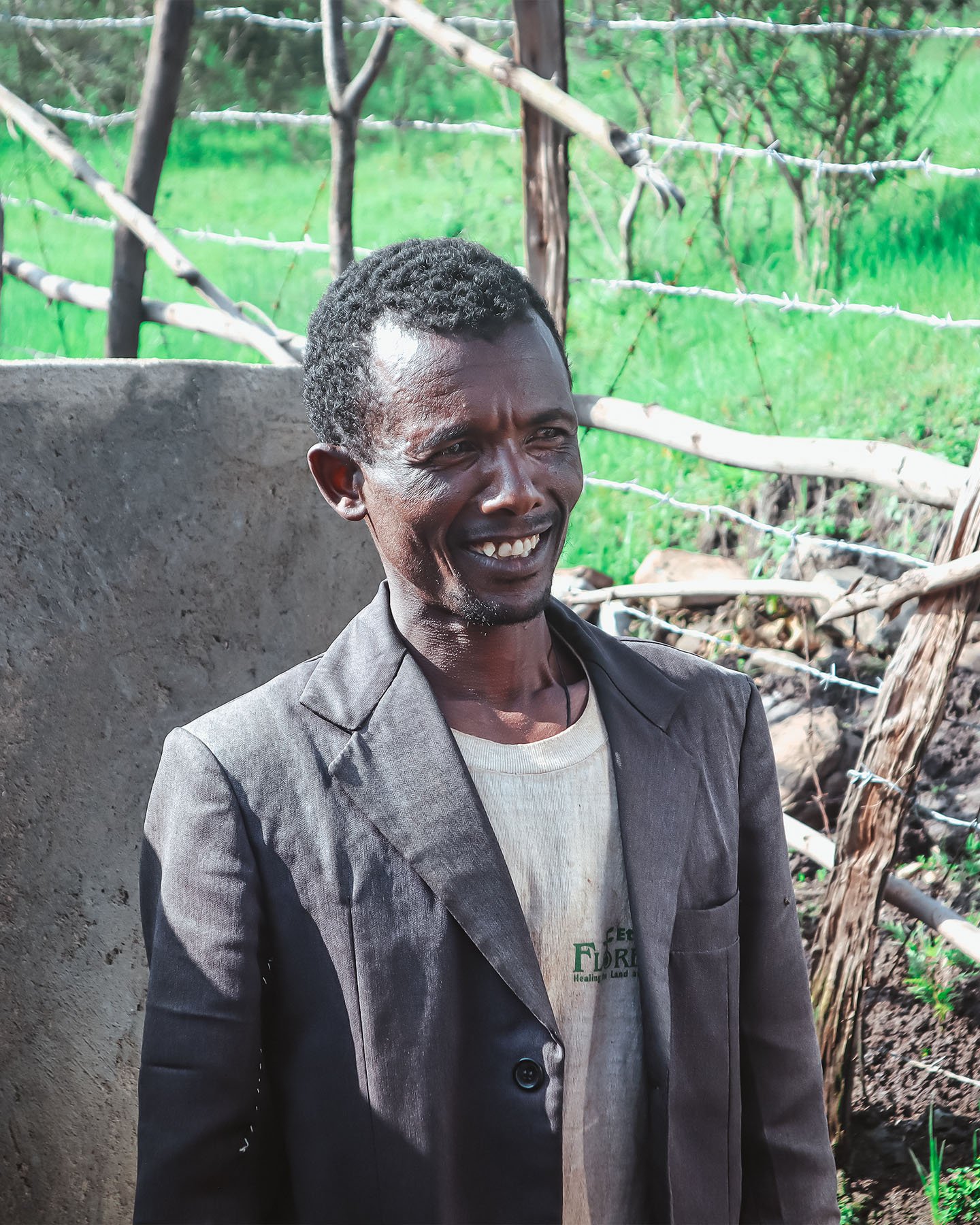
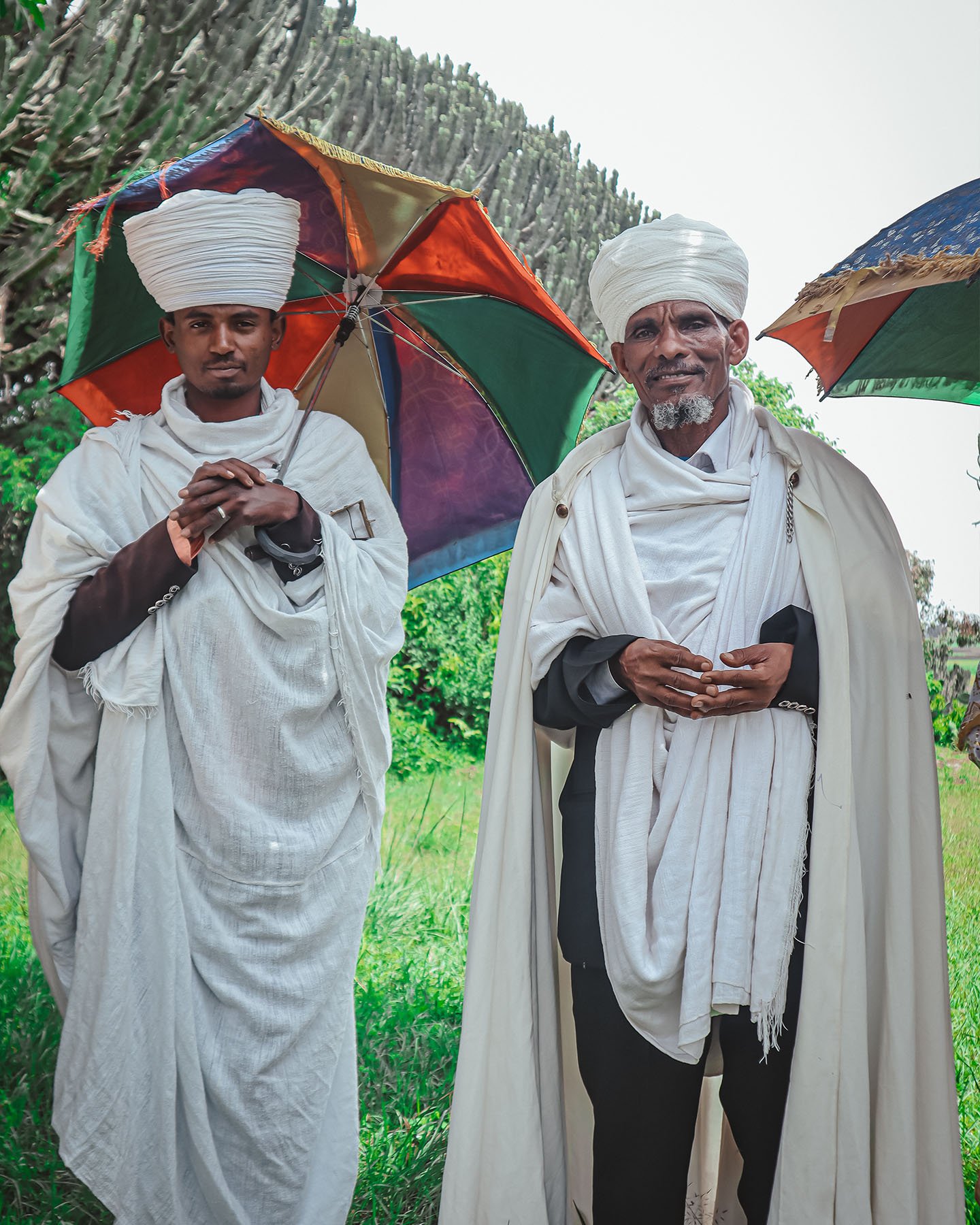
Some Ethiopian Joy 🇪🇹
There were so many things that made Ethiopia a great place to explore. Incredible cuisine. Otherworldly monasteries and forests. Customs that go back centuries.
But as always, it was the people I met that I’ll remember the most.
Ethiopia has maintained its independence going back to ancient times. They were able to resist Italy over and over and avoided being colonized.
As a result, there are so many things that Ethiopia just does in its own unique way, from coffee to the alphabet to Christianity.
One of my favorite uniquely Ethiopian things, though, has to be the calendar. Ethiopians are living in 2016 right now. Their calendar has an extra mini-month, and it runs a few years behind the Gregorian calendar mostly used elsewhere.



